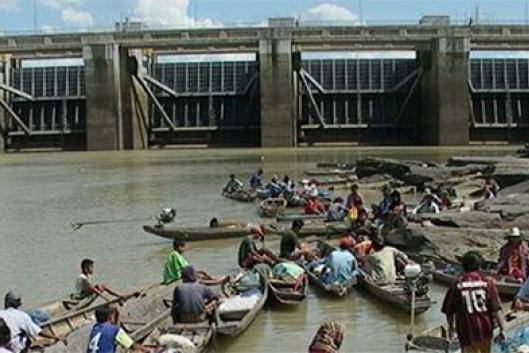Sólo disponible en inglés.
“The forest dependent people of India are raising their voice strongly against the loot of natural resources in the name of delivering development, saving the environment and combating climate change. They are bringing forth the issues of people’s political economy of protection of natural resources and protection of livelihood vis-à-vis the elite and capitalist interests on the natural resources.
According to tribals and other marginalized forest people, there can be no solution of the present ecological crisis without ensuring the rights of the communities dependent on natural resources. These rights, according to them, also means social equality and social justice that has been denied to them since ages.
It is increasingly in evidence that devastation of environment is directly linked with increasing poverty across the world. Without proposing solutions to end poverty in the larger debate of ecology, the debate of saving the environment is futile. In the ongoing debates the social and political aspect is completely missed out.
The discussions on conservation of nature have now come on to the streets from technical debates of closed door discussions, to become the issue of environmental or ecological justice for Adivasis and Moolnivasis (the indigenous and other communities) for protecting their livelihood and cultural resources.
This has been understood at the global level. In Indian forests hundreds of militant mass struggles are going on against the hegemony of State, but all these struggles, which are essentially democratic and lead by local leaders, are being branded as Maoists struggles.
Often it is ordinary Adivasi, women and youth that are challenging the State with their raised mass political consciousness. Hence in the name of anti-Maoist operations, governments are trying to discredit democratic movements in the forest areas.”
This is how Roma and Ashok Chowdhury, from Ecological Justice Movements, start their overview of the history of the forest struggle in India, to continue analysing the fraud committed by the Indian State on the Forest People, the struggles of forest people, the issues of wildlife conservation and Forest Rights, and the political struggle for justice at large in forest areas. The full report, sent by the authors, can be read at: http://wrm.org.uy/countries/India/India_Roma.pdf
